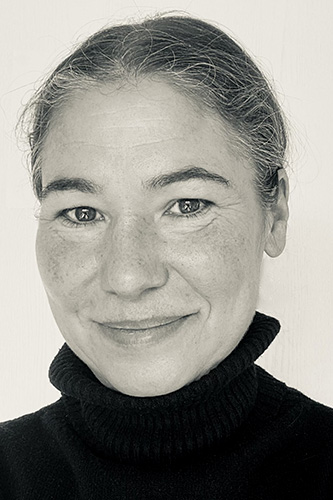

DNS Security |
Sponsored by |

|
 A six year study of Global 2000 firms finds progress on email authentication but worrying gaps elsewhere. Despite rising DMARC adoption, falling DNS redundancy and uneven regional uptake leave companies exposed to domain based attacks.
A six year study of Global 2000 firms finds progress on email authentication but worrying gaps elsewhere. Despite rising DMARC adoption, falling DNS redundancy and uneven regional uptake leave companies exposed to domain based attacks.
 DNSSEC promised to secure DNS with cryptographic proof, yet messy rollouts, outages, and hype backlash ruined its reputation. This piece argues that storytelling and emotions shape adoption as much as specs, and that automation enables a reset.
DNSSEC promised to secure DNS with cryptographic proof, yet messy rollouts, outages, and hype backlash ruined its reputation. This piece argues that storytelling and emotions shape adoption as much as specs, and that automation enables a reset.
 ICANN invites proposals for its DNSSEC and Security Workshop at the ICANN85 Community Forum in March 2026, offering a platform for global experts to share insights on DNS, routing security, and emerging threats.
ICANN invites proposals for its DNSSEC and Security Workshop at the ICANN85 Community Forum in March 2026, offering a platform for global experts to share insights on DNS, routing security, and emerging threats.
 As Internet governance fragments in 2026, authority shifts from open, multistakeholder forums to state-led security regimes, legal instruments, and alliance-based cooperation, challenging longstanding institutions and reshaping global norms through enforcement rather than consensus.
As Internet governance fragments in 2026, authority shifts from open, multistakeholder forums to state-led security regimes, legal instruments, and alliance-based cooperation, challenging longstanding institutions and reshaping global norms through enforcement rather than consensus.
 The ICC's new cyber policy reframes Internet infrastructure as crucial to prosecuting atrocities, prompting DNS operators and network providers to grapple with emerging obligations around evidence, neutrality, and cooperation in international justice.
The ICC's new cyber policy reframes Internet infrastructure as crucial to prosecuting atrocities, prompting DNS operators and network providers to grapple with emerging obligations around evidence, neutrality, and cooperation in international justice.
 ICANN is finalising a policy to curb DNS abuse, aiming to preserve internet stability while defending freedom of expression. With regulatory pressure mounting, the multistakeholder model faces a critical test.
ICANN is finalising a policy to curb DNS abuse, aiming to preserve internet stability while defending freedom of expression. With regulatory pressure mounting, the multistakeholder model faces a critical test.
 To prepare DNS security for a post-quantum future, Verisign and partners are testing new cryptographic strategies that balance security, performance, and feasibility, especially through the novel Merkle Tree Ladder mode for managing large signatures.
To prepare DNS security for a post-quantum future, Verisign and partners are testing new cryptographic strategies that balance security, performance, and feasibility, especially through the novel Merkle Tree Ladder mode for managing large signatures.
 eco's topDNS initiative and AV-Test are publishing monthly reports to help ISPs detect and mitigate DNS abuse by analysing malware, phishing, and PUA trends, creating a long-term data foundation for industry-wide transparency.
eco's topDNS initiative and AV-Test are publishing monthly reports to help ISPs detect and mitigate DNS abuse by analysing malware, phishing, and PUA trends, creating a long-term data foundation for industry-wide transparency.
 Despite offering robust protection for the Domain Name System, DNSSEC suffers from poor adoption due to its complexity, cost, and operational risks. Automation and algorithmic improvements now offer practical solutions for broader deployment.
Despite offering robust protection for the Domain Name System, DNSSEC suffers from poor adoption due to its complexity, cost, and operational risks. Automation and algorithmic improvements now offer practical solutions for broader deployment.
 Private DNS data lakes consolidate fragmented logs into a centralised platform, improving visibility, security, and compliance. They enable advanced analytics, strengthen threat detection, and help organisations optimise network performance in increasingly complex IT environments.
Private DNS data lakes consolidate fragmented logs into a centralised platform, improving visibility, security, and compliance. They enable advanced analytics, strengthen threat detection, and help organisations optimise network performance in increasingly complex IT environments.